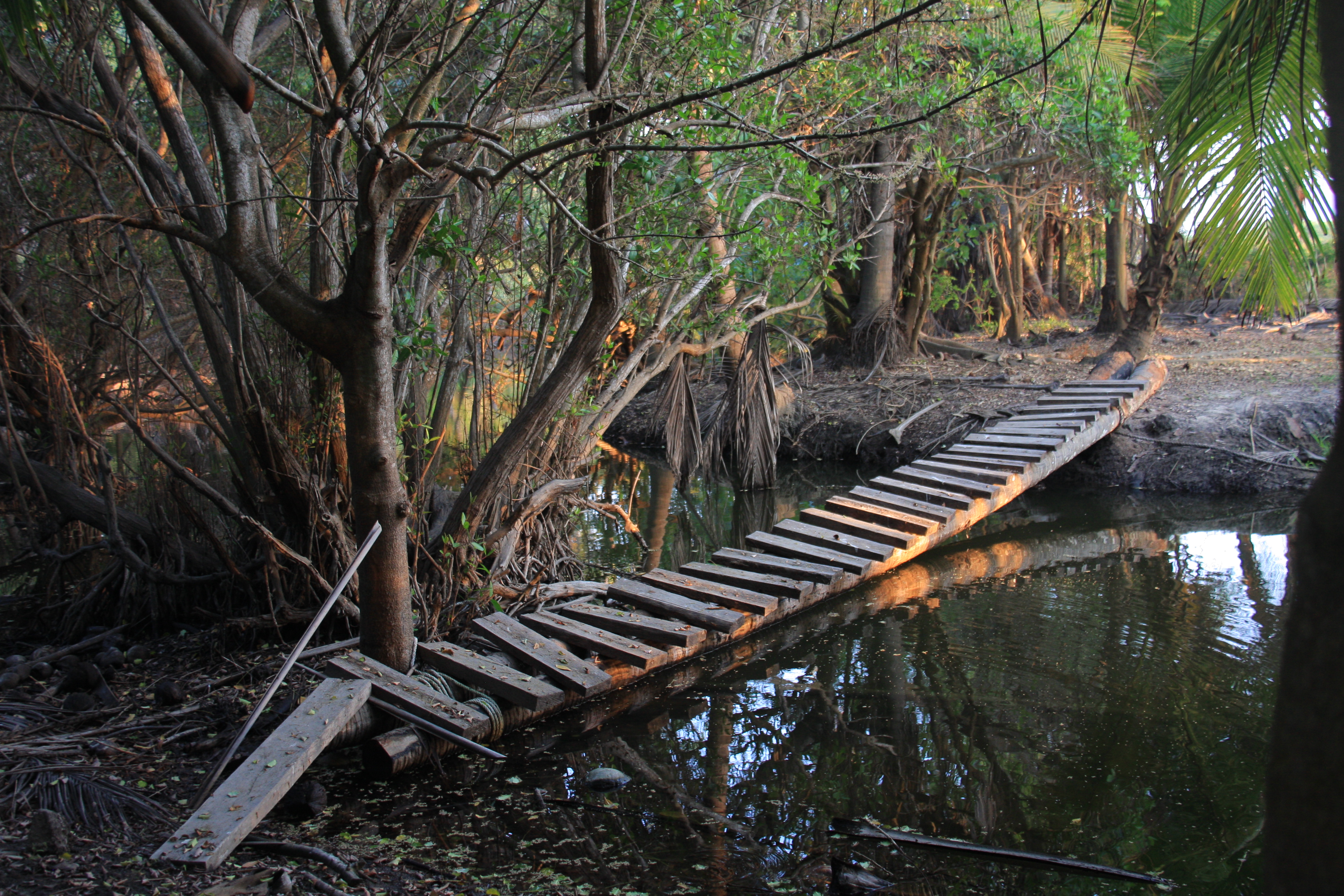We participate in a conference every year called Opportunity Collaboration which addresses the issues of global poverty alleviation. One of the best parts of the conference is the daily colloquium which provides a “homeroom” meeting space for the same group of about 20 participates to come together each day of the conference and address, discuss and dive deep into the topic of poverty via the lens of daily readings. Last year, one of the readings, a Korean Proverb, really touched me deeply and has provided a framework for Playa Viva’s strategy on Community Development.
The proverb, below, allowed me to see that the work of many non-profits and even government agencies as “fire” – building bonfires that burn bright and hard but only last a short time vs. “water” – taking a longer-term view that we are part of the community and thus finding our natural course of action which can create lasting and permanent transformation. It is in this context that I am most excited about the “fire” and passion that is initiated by our guests and the need for us to help turn these projects and ideas into “water” – consistent programs that create a lasting positive impression.
We invite you to read the Korean Proverb on Fire and Water and provide your comments on how this effects your good works. We invite you to participate in our commitment to create real positive change in the community we serve. We invite you to bring your fire and passion projects and work with us in channeling water and permanent good.
Fire and Water
In the fourth century B.C., hidden within the state of Lu, lay the district over which Duke Chuang governed. The district, though small, had prospered exceedingly well under Chuang’s predecessor. But since Chuang’s appointment to the post, its affairs had deteriorated markedly. Taken aback by the sad turn of events, Chuang set out to the Han mountain to seek the wisdom of the great master Mu-sun.
When the duke arrived at the mountain, he found the great master sitting peacefully on a small rock looking out at the adjoining valley. After the duke had explained his situation to Mu-sun, he waited with bated breath for the great master to speak. Contrary to Chuang’s expectation, however, the master whispered not a word. Rather, he smiled softly and gestured to the duke to follow him.
Silently they walked until before them lay the Tan Fu River, whose end could not be seen, it was so long and broad. After meditating on the river, Mu-sun set out to build a fire. When at last it was lit and the flames were aglow, the master had Chuang sit by his side. There they sat for hours on end as the fire burned brilliantly into the night.
With the coming of dawn, when the flames no longer danced, Mu-sun pointed to the river. Then, for the first time since the duke’s arrival, the great master spoke, “Now do you understand why you are unable to do as your predecessor did – to sustain the greatness of your district?”
Chuang looked perplexed; he understood now no better than before. Slowly shame enveloped the duke. “Great master,” he said, “forgive my ignorance, for the wisdom you impart I cannot comprehend.” Mu-sun then spoke for the second time. Reflect, Chuang, “on the nature of the fire as it burned before us last night. It was strong and powerful. Its flames leapt upward as they danced and cried in vainglorious pride. No strong trees nor wild beasts could have matched its mighty force. With ease it could have conquered all that lay in its path.”
“In contrast, Chuang, consider the river. It starts as but a small stream in the distant mountains. Sometimes it flows slowly, sometimes quickly, but always it sails downward, taking the low ground as its course. It willingly permeates every crack in the earth and willingly embraces every crevice in the land, so humble is its nature. When we listen to the water, it can scarcely be heard. When we touch it, it can scarcely be felt, so gentle is its nature.”
“Yet in the end, what is left of the once mighty fire? Only a handful of ashes. For the fire is so strong, Chuang, that it not only destroys all that lies in its path but eventually falls prey to its own strength and is consumed. It is not so with the calm and quiet river. For as it was, so it is, so it will always be: forever flowing, growing deeper, broader, ever more powerful as it journeys down to the unfathomable ocean, providing life and
sustenance to all.”
[…] “Reflect, Chuang,” continued the master, “on what type of ruler you are. Perhaps the answer that you seek will lie there.” Like a flash of lightning, the truth seized the duke’s heart. No longer proud but embarrassed and uncertain, he looked up with his enlightened eye. Chuang was now blind to all but the sun rising over the river.


